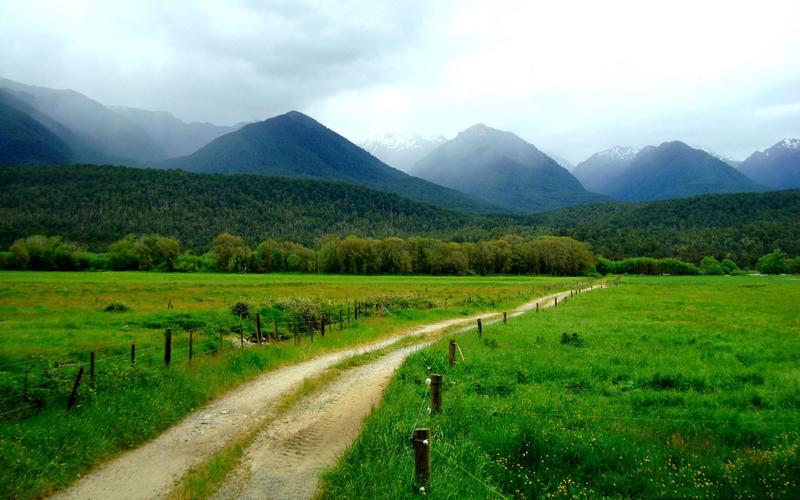The Significance of Cultural Traditions in FEMA: Preserving Our Heritage
FEMA, or the Federal Emergency Management Agency, is responsible for disaster response and recovery in the United States. In addition to their vital role in managing natural disasters and other emergencies, FEMA also recognizes the importance of cultural heritage and traditions in disaster response and recovery efforts.
Cultural traditions play a significant role in shaping how communities respond to disasters and how they rebuild their communities after the disaster has passed. For example, traditional knowledge about the landscape and local resources can inform disaster response plans, making them more effective and resilient.
One important aspect of cultural heritage is the traditional knowledge and practices of indigenous communities. These practices can include a deep understanding of the environment, such as how to use local resources for food and medicine. Such knowledge is vital in disaster response and recovery efforts, as it can help communities to adapt to changing conditions and to use local resources in new and innovative ways.
In addition to traditional knowledge, cultural traditions such as music, dance, and storytelling can also play an important role in disaster recovery efforts. These traditions provide a sense of community and unity, helping people to connect with each other and to find meaning and purpose during times of crisis.
FEMA recognizes the importance of preserving cultural traditions in disaster response and recovery efforts. They work with local communities to identify and incorporate traditional knowledge and practices into their disaster response plans, and to support the preservation of cultural traditions through funding and other resources.
For example, FEMA provided funding for the restoration of a historic cemetery in New Orleans, which serves as a symbol of the city’s unique cultural heritage. The restoration of the cemetery was not only important for the preservation of the city’s history, but also for the community’s sense of identity and resilience in the face of disaster.
In conclusion, the preservation of cultural traditions is an important part of disaster response and recovery efforts. Recognizing the role that traditional knowledge and practices play in shaping how communities respond to disasters can help to make disaster response plans more effective and resilient. By supporting the preservation of cultural traditions, FEMA is helping to ensure that communities are able to recover and rebuild in the aftermath of disasters.
(Note: Do you have knowledge or insights to share? Unlock new opportunities and expand your reach by joining our authors team. Click Registration to join us and share your expertise with our readers.)
Speech tips:
Please note that any statements involving politics will not be approved.
